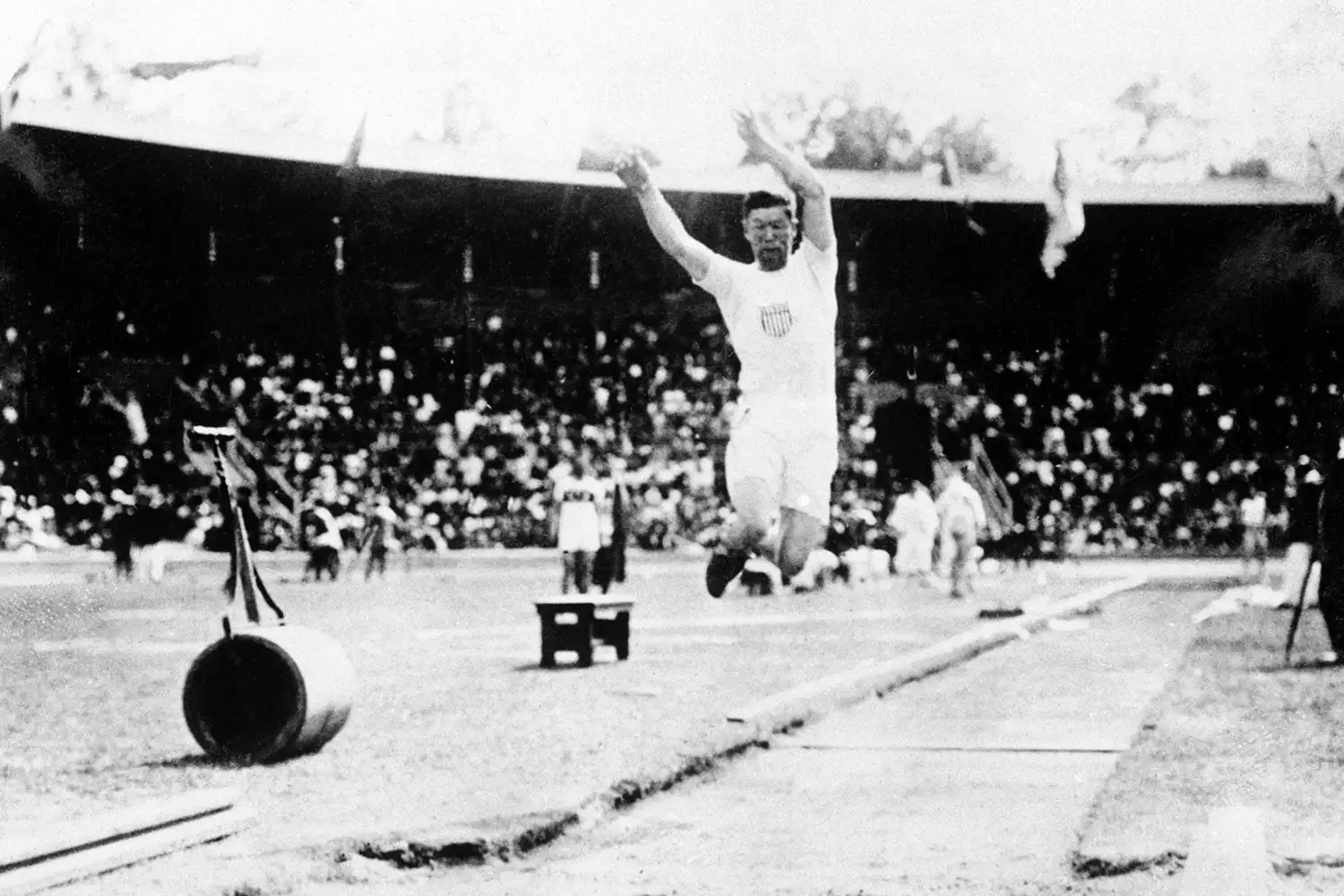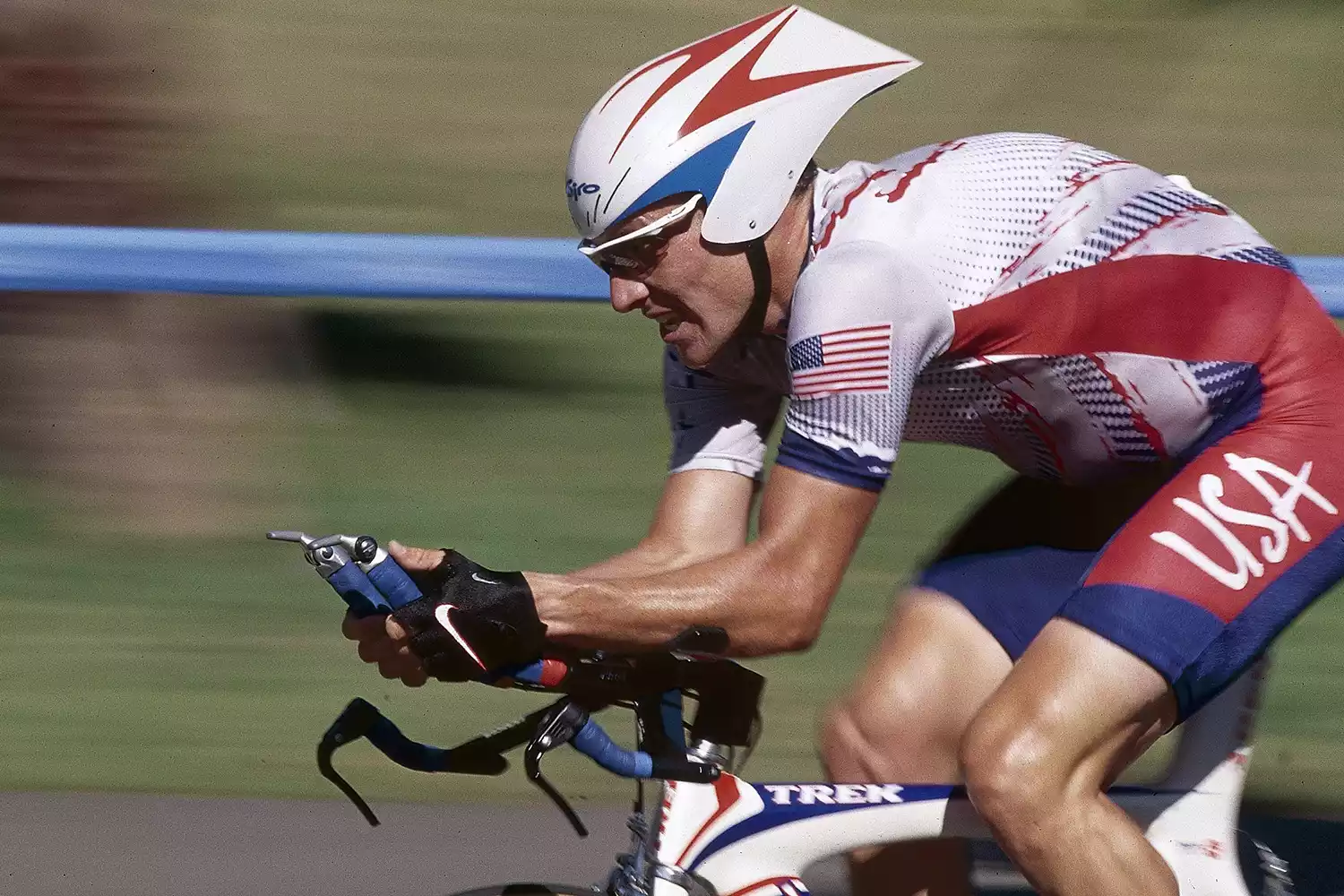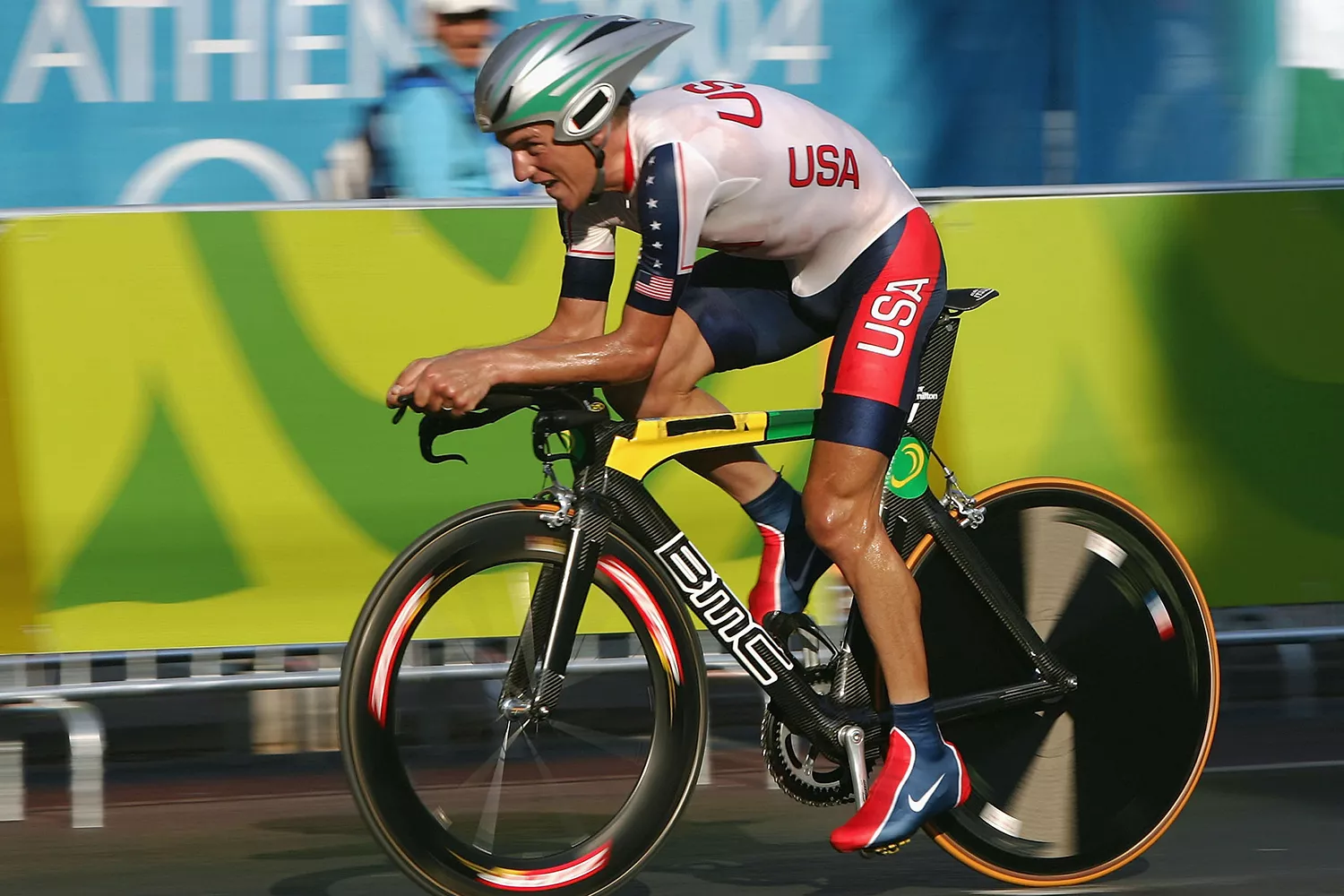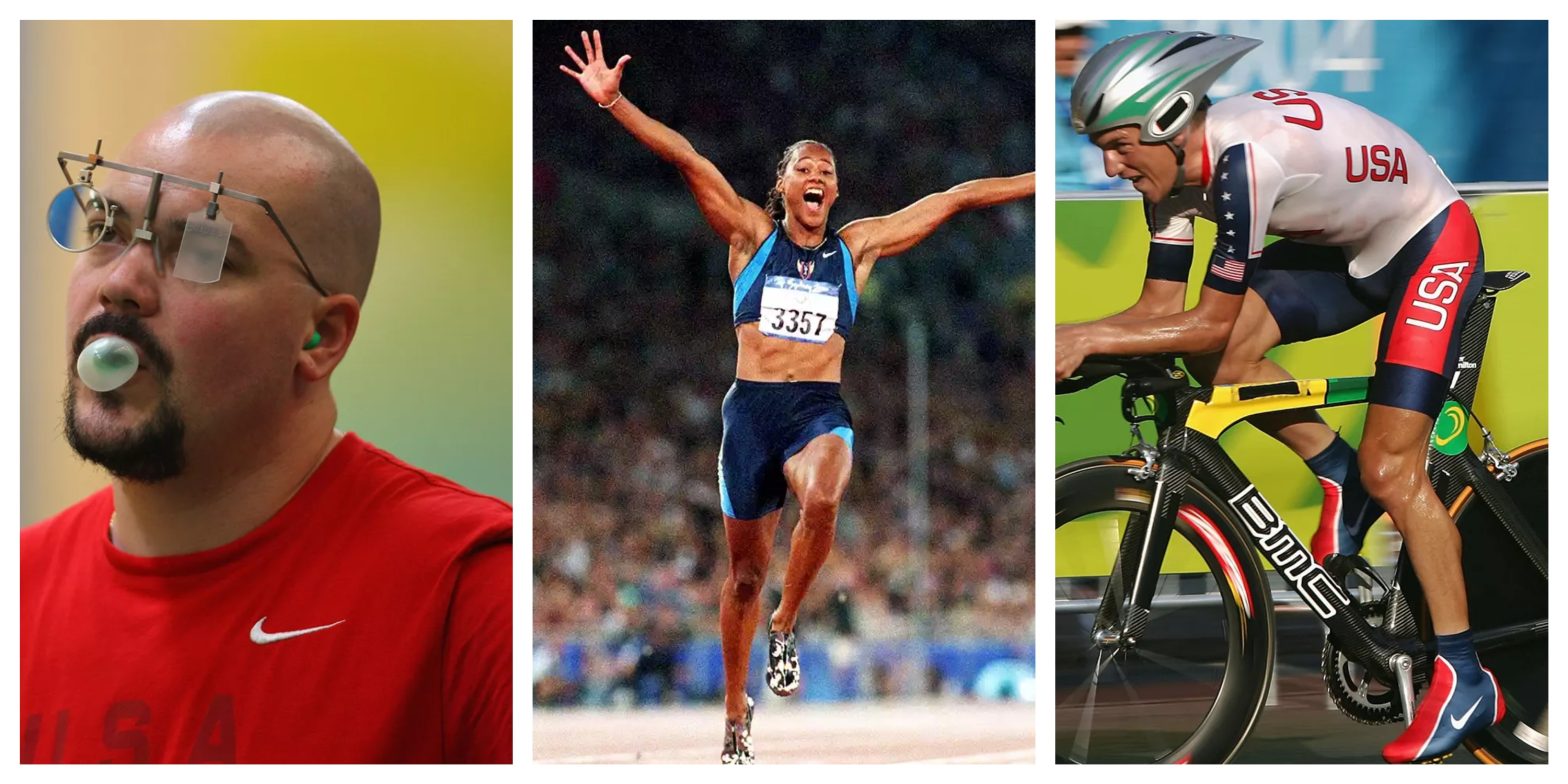Jordan Chiles isn’t the first athlete to have an Olympic medal taken away.
The American gymnast had a strong performance at the 2024 Paris Games, winning a team all-around gold with the U.S. gymnastics team on July 30, and a bronze in the individual floor exercise on August 5.
However, Chiles lost her bronze medal five days later after a judge from the Court of Arbitration for Sport (CAS) ruled in favor of two Romanian gymnasts, Ana Barbosu and Sabrina Maneca-Voinea, who finished in fourth and fifth place.
The decision to revoke Chiles’ medal followed a protest from the Romanian Olympic committee. They claimed that the difficulty score inquiry submitted by Chiles’ coach was past the one-minute deadline. (Chiles had originally finished fifth before the inquiry raised her score to medal.)
While removing an athlete’s Olympic medal isn’t common, it’s not a new occurrence. Many athletes from past Summer Games have lost their medals, with failed drug tests or use of banned substances being the main reasons.
In Chiles’ case, though, the decision to revoke her medal could be changed. The U.S. Olympic & Paralympic Committee (USOPC) announced they would appeal the ruling after the International Olympic Committee (IOC) told Chiles to return her bronze.
Here’s a list of American athletes who’ve had their Olympic medals taken away, along with the reasons they were revoked.
Jim Thorpe, 1912 Stockholm Olympics
Jim Thorpe, considered one of the greatest athletes of his time, was the first Native American to win an Olympic gold medal for the U.S. at the 1912 Stockholm Olympics, where he won the pentathlon and decathlon.
A year later, the International Olympic Committee took away his medals and erased his records because he had played two seasons of semi-pro baseball during the summer. This was against the amateurism rules at the time.

In 1982, more than 70 years after the Olympics and decades after Thorpe’s death, his medals were restored, and his family attended a ceremony in his honor.
Rick DeMont, 1972 Munich Olympics
Rick DeMont, a former swimmer with several world records, won a gold medal in the 1972 Munich Olympics in the men’s 400-meter freestyle.
Afterward, the IOC revoked his gold medal after he tested positive for a banned substance in his post-race test. DeMont, who had asthma, took Marax (an ephedrine derivative) to help with his condition, but the U.S. medical team failed to check if it contained any banned substances.
DeMont didn’t hide his use of Marax, but despite his efforts to get his medal back, it was never restored.
Lance Armstrong, 2000 Sydney Olympics
Lance Armstrong, a former professional cyclist, lost his bronze medal from the 2000 Sydney Olympics, 13 years after finishing third in the men’s individual road cycling time trial. The IOC requested the return of his medal after Armstrong admitted to using performance-enhancing drugs throughout his career.

This case was highly publicized, and Armstrong was also banned from Olympic sports for life. He lost his Tour de France titles and other cycling awards from 1998 onward.
Marion Jones, 2000 Sydney Olympics
Marion Jones, a former track-and-field athlete, won three gold medals and two bronze medals at the 2000 Sydney Olympics.
In 2007, Jones admitted to lying about taking performance-enhancing drugs. As a result, the IOC stripped her of her medals and records in December 2007, and she was sentenced to six months in prison.
Tyler Hamilton, 2004 Athens Olympics
Tyler Hamilton, considered one of the best American cyclists, won a gold medal in the individual time trial at the 2004 Olympics.
However, his victory was overshadowed by a positive A sample in a doping test. His B sample was frozen and couldn’t be tested, so he wasn’t penalized and kept his gold medal.

Carl Lewis, 1988 Seoul Olympics
Carl Lewis is one of only four athletes to win nine Olympic gold medals. His medal situation at the 1988 Seoul Games was unique because he was awarded the gold after his competitor, Ben Johnson from Canada, was disqualified for failing a drug test.
Johnson had originally won gold in the 100-meter final, but after his disqualification, Lewis took the top spot, trading his silver for the gold medal.
Jason Turner, 2008 Beijing Olympics
Jason Turner’s case at the 2008 Beijing Olympics was similar to Carl Lewis’s. Turner originally placed fourth in the 10-meter air pistol competition but ended up with the gold medal after his competitor, Kim Jong-su from North Korea, was disqualified for testing positive for a banned substance.
Jong-su had to give up his bronze medal to Turner, who then took his place on the podium.
